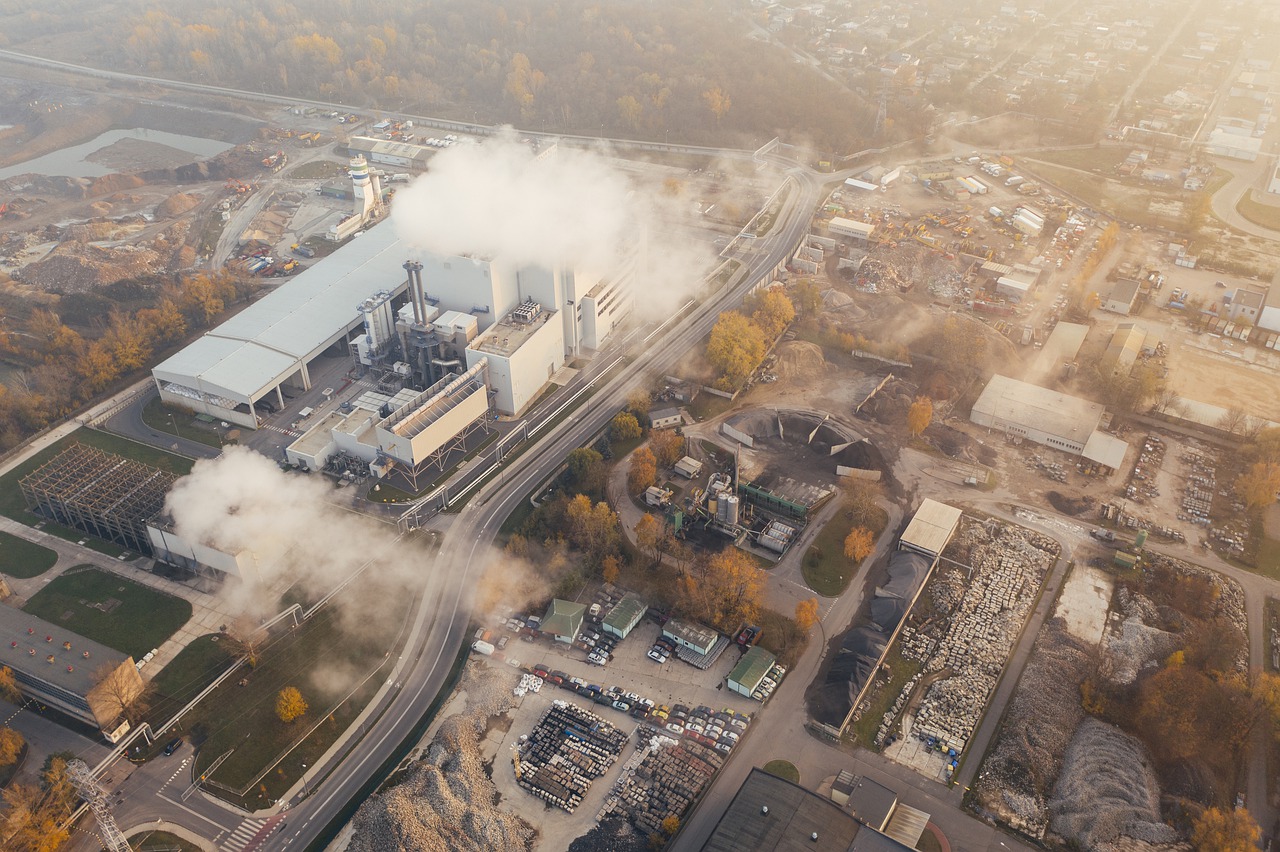You may be surprised to learn that climate change research is more solid and generally accepted than you would expect. However, because of the broad breadth of the subject and the prevalence of misinformation, it may not be easy to distinguish between truth and fiction. Throughout this site, we’ve attempted to provide you with the correct scientific information, and Scientists will now testify to a variety of phenomena occurring across the world — extreme weather, plagues, flooding, intense cyclones, and other natural disasters — as proof that climate change is no longer a science-fiction scenario. And it may have an impact on someone’s choice to quit or remain, even if they are not aware of it. Some people choose to stay in their native nation. Others go over international boundaries to visit distant countries. Some of them do ultimately return to their homes. Others will never be able to come back home again. So far, the statistics aren’t awe-inspiring. Nonetheless, in the not-too-distant future, millions of people may find themselves forced to migrate vast distances due to the Earth’s changing environment.
What is the root cause of climate change?
The physics of the temperature of the Earth is straightforward to understand. The Earth can dissipate when energy from the sun is bounced off the globe’s surface and back into space or when the Earth’s atmosphere releases energy. Warming of the world occurs when the Earth receives the sun’s energy or when thermodynamic properties prevent heat emitted by the Earth from escaping into space Climate change is caused by several causes, both natural and human-made, that affect the planet’s weather patterns. In a changing climate, the weather may manifest itself in unusual ways. Heavier rains and more significant storms are just a few of the ways that our weather has become more bizarre due to the warming globe. Rising temperatures may trigger droughts. Tropical storms become more frequent, and deficiencies may exacerbate the effects of heatwaves. Atmospheric conditions on a domestic and global scale may alter as a result of climate change. And the consequences won’t always be what you anticipate them to be. It is possible that the continued loss of summertime sea ice in the Arctic Ocean — one of the significant consequences of global warming — will make Siberian winters chillier in an exciting outcome.
Notifying: Climate change has the potential to damage your health.
Climate change is having a variety of effects on health that are not well understood. According to the World Health Organization, between 2030 and 2050, a quarter-million more people would die each year than would have died if climate change had not played a role in their deaths. Extreme temperatures and storms of increasing intensity are among the dangers. Wildfires, as well as the increasing spread of some infectious illnesses, are also among the risks. However, the more scientists and engineers understand climate change and its consequences, the better prepared the public will be to cope with them in the future.

